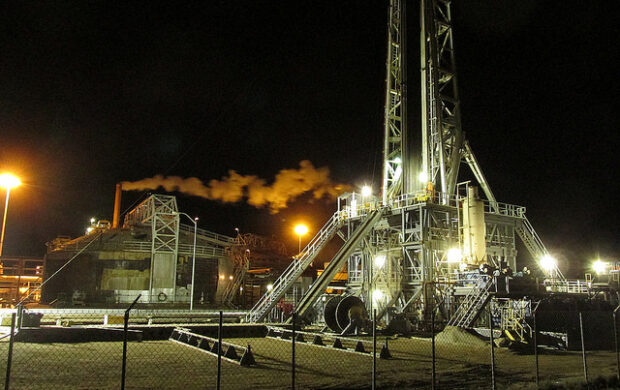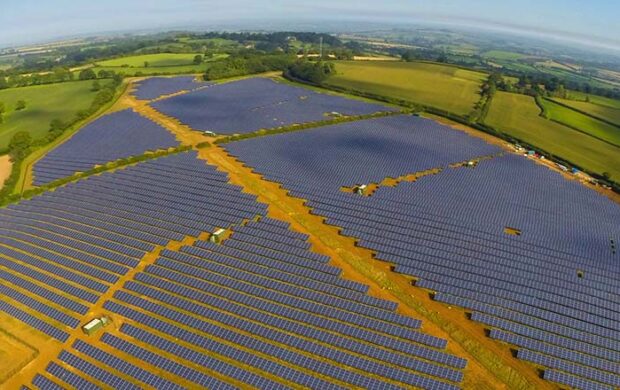Bitcoin mining has been blamed for massive blackouts in Iran in major cities in January. Bitcoin mining is considered to be a way to bypass US sanctions, and the low cost of electricity there (5% of UK price) has also acted as a strong incentive. Huge numbers of miners set up there when the Bitcoin price soared, to the point of impacting the service for everyone else. The incredibly energy intensive nature of Bitcoin mining is putting huge loads on the system. One mine alone in Iran was found to be using 175MW of electricity. Authorities have since closed down 1,600 mining centres and confiscated 45,000 Bitcoin machines.

So what?
There were already concerns about the carbon footprint of Bitcoin, but now a systemic social problem seems to be emerging too, as public services are impacted by private efforts. Bear in mind that Bitcoin’s energy footprint problem will only get worse, as Bitcoin is specifically designed to get harder and harder to mine as time progresses. (This is to introduce scarcity to the currency and protect against the ‘printing’ you can do with normal fiat currency). This translates directly to higher and higher energy needs.
Sources
-
Iran blames 1,600 Bitcoin processing centers for massive blackouts in Tehran and other cities https://www.businessinsider.com/iran-government-blames-bitcoin-for-blackouts-in-tehran-other-cities-2021-1
-
 Nvidia's new gaming software puts brakes on mining cryptocurrency http://www.theguardian.com/games/2021/feb/19/nvidias-new-gaming-software-puts-brakes-on-mining-cryptocurrency
Nvidia's new gaming software puts brakes on mining cryptocurrency http://www.theguardian.com/games/2021/feb/19/nvidias-new-gaming-software-puts-brakes-on-mining-cryptocurrency













Join discussion